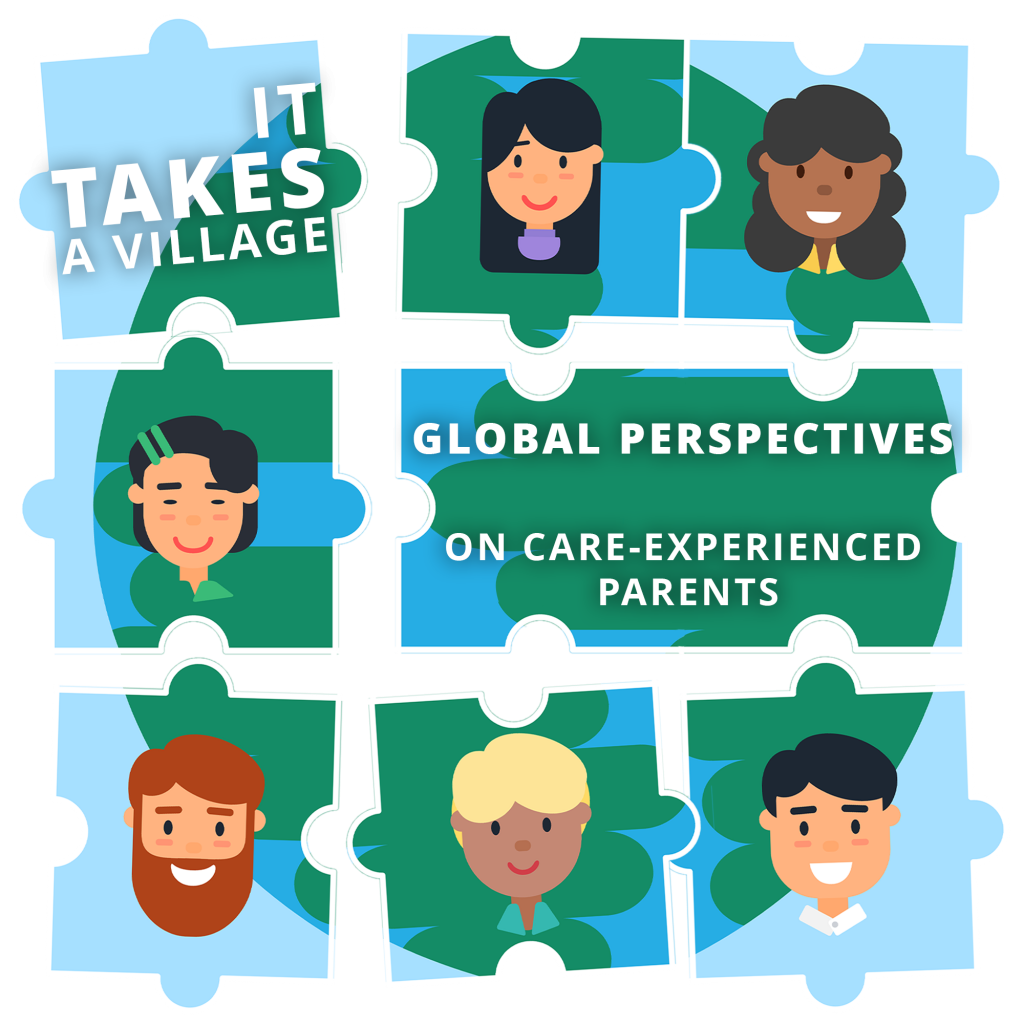I come from Italy and as a child I spent a period in foster care and one in residential care, for a total of 11 years. I became a father at the age of 34.
What does being a parent mean to you?
Being a parent in my opinion has to do with everyone’s sensitivity and everyone can experience parenthood in many different ways. I think it means being able to cope with complexity and that failures come precisely from the inability to know how to communicate, from wanting to control everything. For example, I often ask myself whether I should make my son responsible or limit him and there is no answer. It is necessary to question oneself always. I don’t think it’s right to be too paternalistic, that everything can be explained to a child. There are some things he may not understand, but this dialogue must be constant.
Do you think your experiences growing up affect the way you parent?
We learn a lot from childhood, from the way we were treated, but this is a risk in my opinion. In the sense that there is a risk of confusing yourself with the person in front of you, even if the times, the situations, the people are different. I think this risk is high, although in my case my being an educator has helped me a lot, as I have trained myself to think of people, and also my son, as different from me. But it also means a lot of work on oneself.
What support do you or did you get from professionals?
I want to point out that the community I grew up in was family-based: there was a stable person and then rotating people. For the kind of person I am, this is a big advantage and I think the most important demonstration of these people was related to being able to listen. And that for me also meant feeling legitimised for how I was as a person, instead of being judged or blocked. That plays a role today in my role as a father: I think that’s why my son likes to chat with me.
What support do you or did you get from friends, family or people in the community?
I think the people around me are not able to support me in recognising what I am doing as a father, they make me feel strange in the choices I make. Then sometimes miracles happen. For example, my father-in-law gave us a garage and I decided to make a painting and writing studio and he supported my project. That moment there was a recognition, the effort to appreciate my being a father and wanting to create a space with my son. This recognition is very important in my role as a dad.
Looking back, what was helpful or unhelpful?
For me it was very important to have people beside me who did not do what had to be done, but who did what they thought had to be done. Today in residential care there is a tendency to classify and categorise the most problematic children, associating their troubled behaviour with some pathology, when in fact it is simply a matter of ‘bringing out one’s own self’. I think this happens because many educators have forgotten their mandate. But fortunately this is not the case for everyone. In the community I was in, I created problems, but I felt legitimised. Sister Anna used to tell me ‘you needed to bring out this anger’. We were never blamed, they never put it on us, as if to say ‘you are wrong or you are crazy’. They knew how to be patient with trust.
What support/help would you have liked?
I believe that everyone needs support, because living conditions are increasingly unacceptable for everyone. This also depends on a network that does not exist. Then the network can also be a bit caging, it can give you limitations. But this familiar microcosm in no way relieves you of at least some of the responsibility. Perhaps you would not be completely free in your choices, but neither would you be completely responsible. Instead, in this way here, as we are all left a bit on our own, we do not feel relieved in any way. If I do wrong, I do wrong alone, and if I do right, I do right alone. Also, I can recommend psychological therapy to everyone, that too is something to be legitimised. Because many people now know that it’s not a crime to have therapy or take drugs if you need them. Everyone needs a buoy to cling to in order to stay afloat, because swimming in the open sea is tiring after a while. Everyone finds and builds this buoy at a certain point in life, and perhaps a little more understanding for the buoys that each of us finds, would not hurt.
What advice would you give to professionals, organisations or governments about making parenting / parenthood a positive experience for future care-experienced young people?
I think it is important to talk about these issues, about our experience as parents. And that we need to keep talking about it, or rather start talking about it, perhaps taking a cue from the research you are carrying out.

This Blog is part of our ExChange conference, “It Takes a Village: Global perspectives on care-experienced parents”
To find more resources on this topic check out the conferences below

